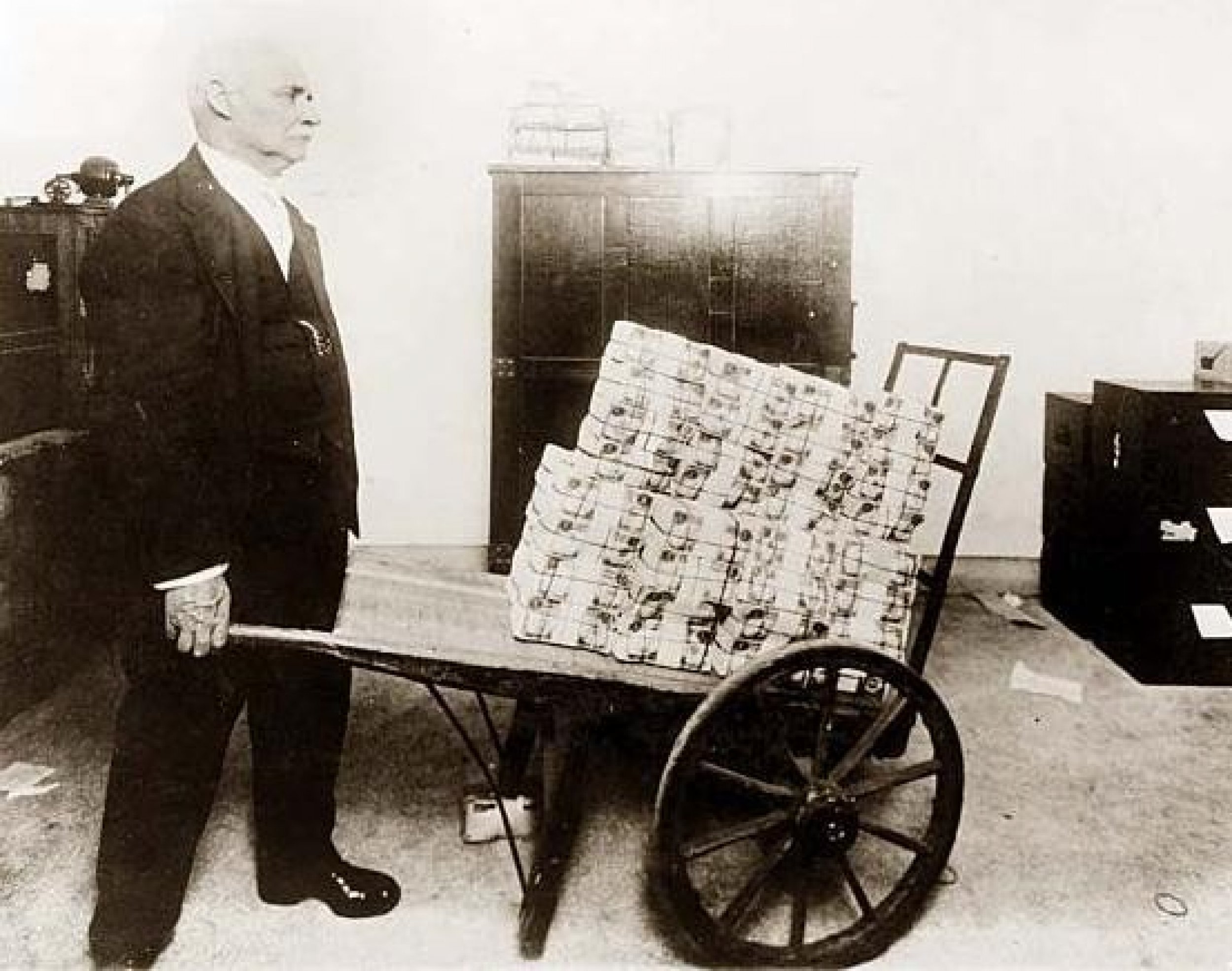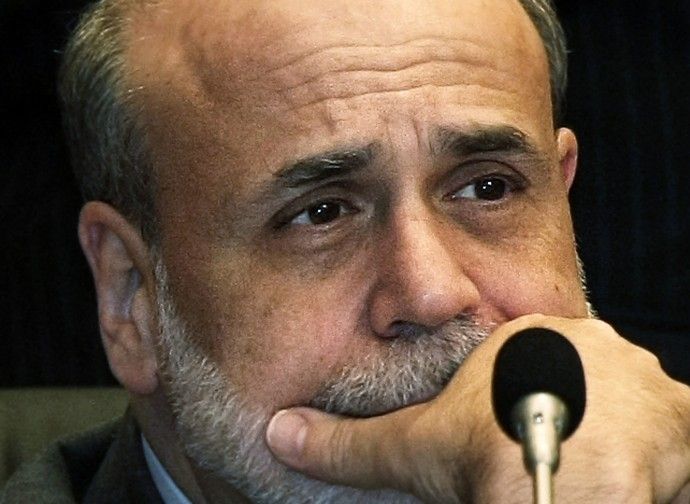6 Arguments Against Quantitative Easing (QE): Adam Fergusson
“A central bank should have only one duty, which is to protect the value of its currency,” said Adam Fergusson.
Fergusson, born in 1932, is British a journalist, author, and politician. He is one of the leading experts in the world on the subject of hyper-inflation and wrote a book about Weimar Germany’s experience with it.
The book, titled When Money Dies, was first published in 1975.
In the wake of the financial crisis, there has been a surge of interest in it thanks to a reported endorsement from billionaire investor Warren Buffett.
In fact, copies of his book sold for as much as 1,600 sterling pounds.
In response to this renewed demand, When Money Dies has been republished to satisfy the curious minds of fans and serve as a warning to modern politicians.
Fergusson shared with IBTimes his thoughts on the current practice of quantitative easing. He doesn’t think the dollar, euro, or sterling pound will likely suffer Weimar-like deaths. However, he strongly suggests that the governments of these countries stop their quantitative easings.
From the conversation with Fergusson, IBTimes compiled a list of 6 arguments against this practice.
Click on the Start button to view the list.
To read more Global Markets interviews, click here




© Copyright IBTimes 2024. All rights reserved.





















